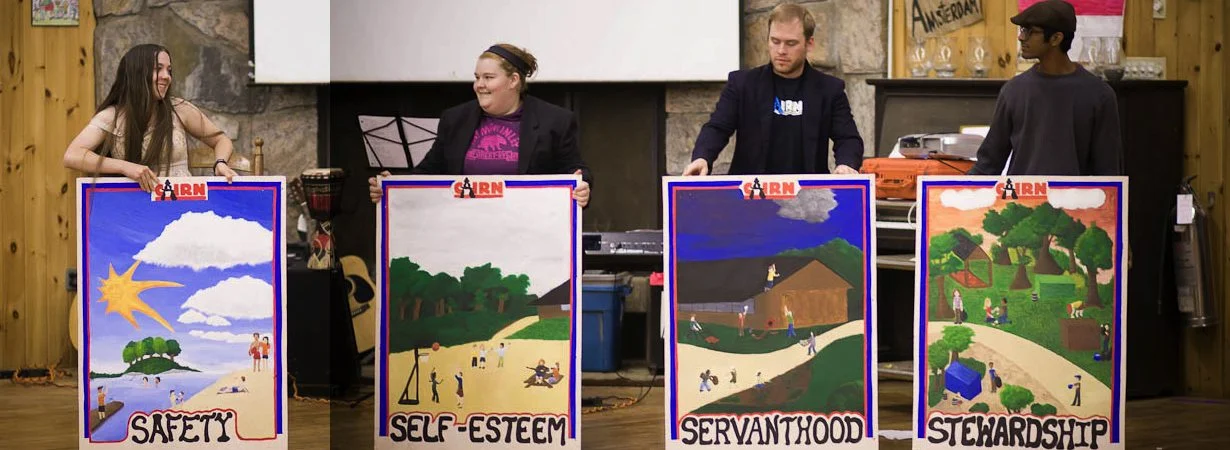Ruby Compton + Emmy Kennedy = Staff Training Brilliance!
Switching things up this week, Ruby is on her own interviewing the fantastic Emma Kennedy, Director of “Camp La Grande Aventure…en Anglais” summer camp, from Saint-Donat, Quebec, Canada. Camp La Grande Aventure….en Anglais is an English camp for francophones. Emma’s camp is located close to Gabrielle’s Camp Ouareau, Emma and Gab share many of the summer camp leadership tricks and tools. In this episode, Ruby and Emma dissect summer camp training and the importance of starting training, before training officially starts.
Keeping in touch before camp’s arrival is something that is now a top priority. Touchpoints with your teams prior to the start of camp allows your team to collaborate right from the start. The current pandemic has reinforced what camps already do, engage staff, engage early, or in Beth’s words…. Frontload!
Another great idea Emma brings to Camp Code is the idea of “starting fresh”. When working with your leadership team, remove your past schedules and training materials and allow your leadership team to think outside of the box. That older material is always there for you to lean on, but allowing your leadership team to collaborate on what skills are required to be a good counsellor and what other training tools would allow your leadership team to succeed, and your camp to have another great summer.
We hope you love this episode of Camp Code! If you do, please consider subscribing to the show, and leaving us a rating in your Podcast app. It’s SO easy, just head to https://ratethispodcast.com/campcode
Leadership Training Best Practice
From Emma Kennedy
During staff training, take an evening offsite to do something as a group. A good example is to take your team out for ice cream and allow your team to talk, get to know one another and collaborate outside of the camp environment.
Guest:
Emma Kennedy, Camp Director - Camp La Grande Aventure...en Anglais
Your Host:
Ruby Compton, Chief Exploration Officer - Ruby Outdoors



